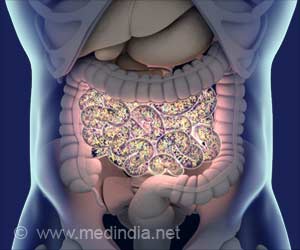Prostate cancer is the second most common cancer in men. Black men are 70% more likely than white men to be diagnosed with prostate cancer and two to four times more likely than other racial and ethnic groups to die from the disease, according to 2023 data from the American Cancer Society.
Diabetes is a chronic metabolic disease characterized by elevated levels of blood glucose or sugar, which over time leads to serious damage to the heart, blood vessels, eyes, kidneys and nerves. Black adults are 60% more likely than white adults to be diagnosed with diabetes and twice as likely to die from diabetes, according to the most recent data available from the U.S. Department of Health and Human Services Office of Minority Health.
Advertisement
Shuck’s lab focuses on the study of how metabolic dysregulation causes diabetes and cancer. She and her colleagues investigate the biochemistry involved when excess sugar damages important molecules. To see if the identified dysregulated complexes were linked to race and genetics, the team conducted a small clinical study where they gathered blood samples from 371 men with and without prostate cancer from across the nation. To determine race, they assessed samples for genetic evidence of West African heritage using methods developed by collaborators Rick Kittles, Ph.D., M.S., and Leanne Woods-Burnham, Ph.D., who were at City of Hope when the research was conducted.
Next the researchers, including John Termini, Ph.D, professor in the Department of Cance Biology and Molecular Medicine at City of Hope, looked at four biomarkers associated with MG and the complexes it forms with DNA, RNA and protein. The biomarkers also included variation in a gene, GLO1, that encodes a protein which detoxifies these complexes.
Surprisingly, the men of West African descent had fewer of these malignancy-promoting complexes in their blood. Contrary to expectations, a lower level of these complexes was linked to greater risk of metastatic disease. The researchers hypothesize that, in men of West African descent, tumor cells sequester these complexes and spur metastatic processes from within. These findings did not apply to men of European descent. (In technical terms, they hypothesize that MG-AGEs, sRAGE, GLO1 and AGER SNPs may be used as biomarkers for prostate cancer in Black men and that the gene variation GLO1 may play a role in the accumulation of mutations that lead to prostate cancer cell growth.)
Source: Eurekalert



